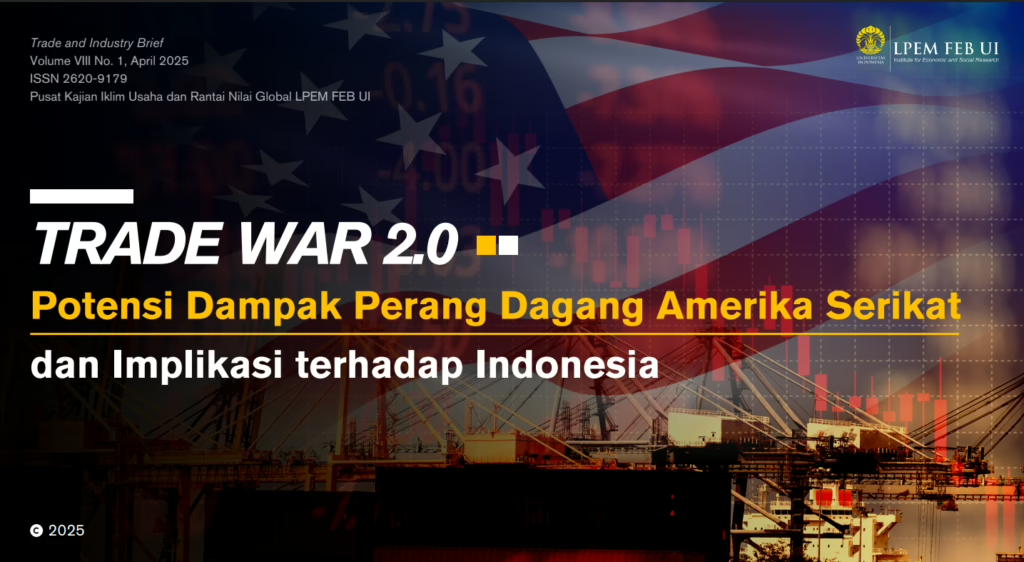Abstract
For Indonesia the fall of Suharto in 1998 brought dramatic changes in the political landscape. It signified the beginning of transformation from an authoritarian regime towards a more democratic society where the distribution power is more devolved. In this respect Indonesia follow what is called a big-bang approach in the transition. First in the agenda of socio-economic reform is decentralization which changes the relationship between the center and local governments. Next in the country’s reform was democratization at the local government level. In this paper we examine how decentralization and democratization affect governance at the local government level. Our particular interest is to assess the impact of decentralization and local democratization on the quality of road. We find that although the temptation to produce lower quality roads is high the combination of democratization, free media, an ad-hoc anti-corruption agency and well educated bureaucrats keep the quality of roads reasonably good while the corruption is held in check.




